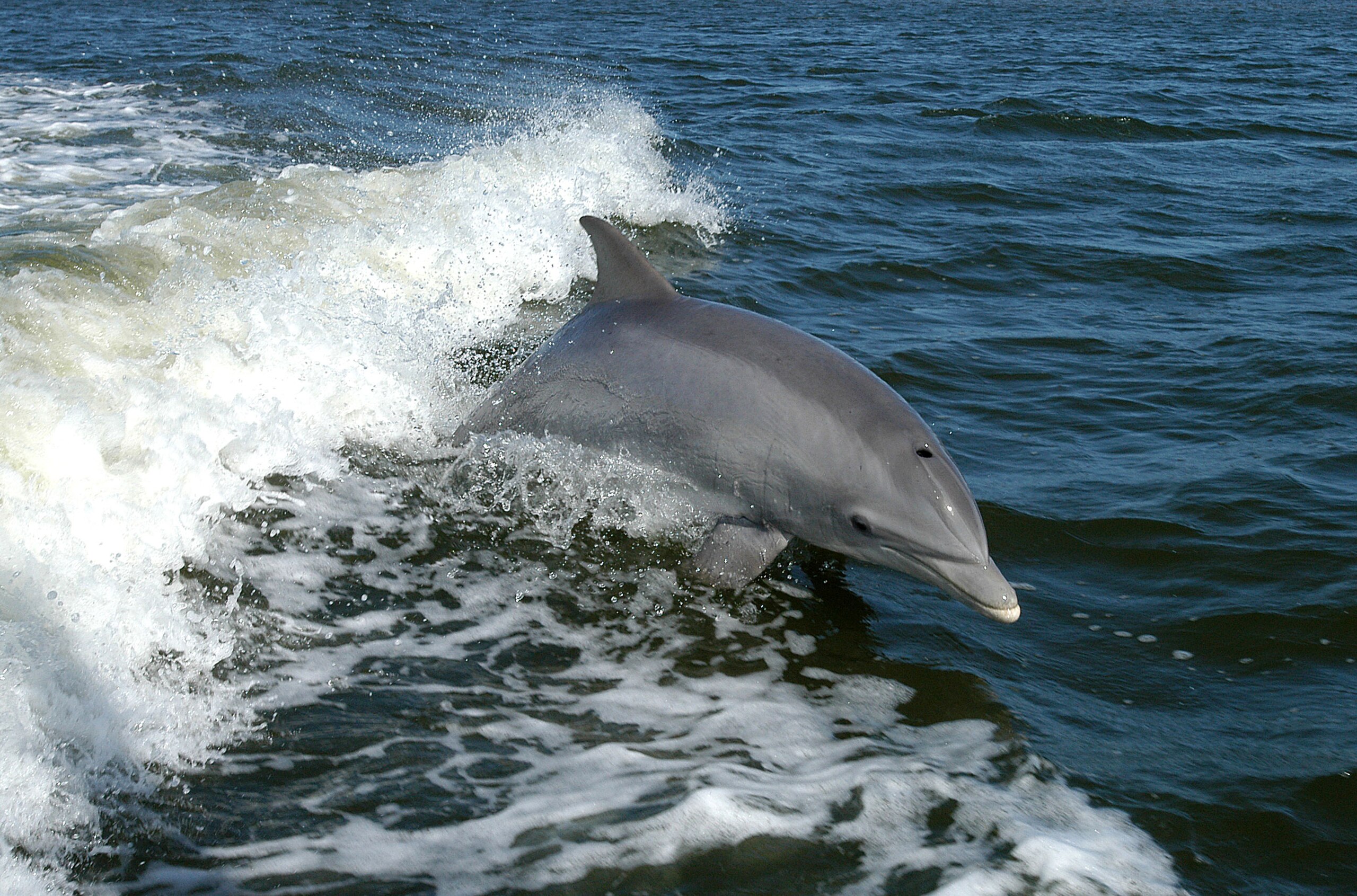The Whale Road
Odin’s Game is the first book in a series called “The Whale Road Chronicles”. But what is this Whale Road?
Put simply,
it’s a very old poetic term for the sea. Ancient Germanic languages like Old English
and Old Norse abounded with a treasury of these terms, technically called “Kennings”,
which were a poetic technique that used figurative language instead of a more
concrete single-word noun. Thus an Anglo-Saxon scop (poet) could refer to “heaven’s candle” instead of saying “the
Sun”, or his Old Norse equivalent, a skald,
would use the term of “Ægir's daughters” when he meant “waves” (Ægir being
the God of the sea). The practice has fallen out of favour in modern times,
though the poet Seamus Heaney (who studied Old English at Queen’s University in
Belfast) regularly employed kennings in his work, for example using “bone-house”
instead of "skeleton".
The Whale
Roads were more than a generic term for the sea though. In the ancient northern
world, shipping routes existed the same way we still have shipping lanes today.
A vast network spanned the northern seas from the slave markets of Dublin in
the West to the trading hub of Hedeby, in what is now Germany, passing the
northern isles, Norway, Denmark and Sweden on the way. The routes the ships followed
were very much water bourn “roads” that led from one place to another. Along
the Whale Roads the Norse traded honey, tin, wheat, wool, fur and hides, slaves,
feathers, falcons, whalebone, walrus ivory, reindeer antler, and amber in exchange
for silver, silk, spices, weapons, wine, glassware, quern stones (for grinding
grain), fine textiles, pottery, other slaves and precious and non-precious metals.
It is still unknown how the famous Ulfbehrt swords (used by several characters
in Odin’s Game) were forged, and the
theory is that the steel may have been imported from as far afield as Damascus.
The term “Whale
Road” is used both in Old Norse and Old English. It’s most famous occurrence if
probably in Beowulf, where it appears very early (line 10) when the poem speaks
of Scyld Sceafing, like an early Viking, exacting tributes from peoples “ofer
hronrāde” – over the whale road (i.e. sea). Rāde
is clearly the Anglo Saxon word for “Road” and “hron” is a word for whale.
Confusingly, hron can also mean a mussel, but “mussel road” doesn’t sound quite
so dramatic. The kenning appears in a slightly different form later in the poem
as “Sail Road” (seġl-rād), and later
again as hwæl-weġ – whale’s way. Hwæl-weġ also appears in the Anglo
Saxon poem “The Seafarer”.
Sailing
these ancient sea paths, the vikings and their ancestors would have been
familiar with the various sea creatures that migrate along similar routes. As
Beowulf shows, they regarded pretty much all large sea creatures as “whales” (or
just monsters). The map here for example shows the paths taken by basking sharks around the Britain and
Ireland as they move north in Summer. Dolphins follow similar paths and it
would not have been hard for those ancient sailors to see themselves as
following the same “road” that the whales were on.


Comments